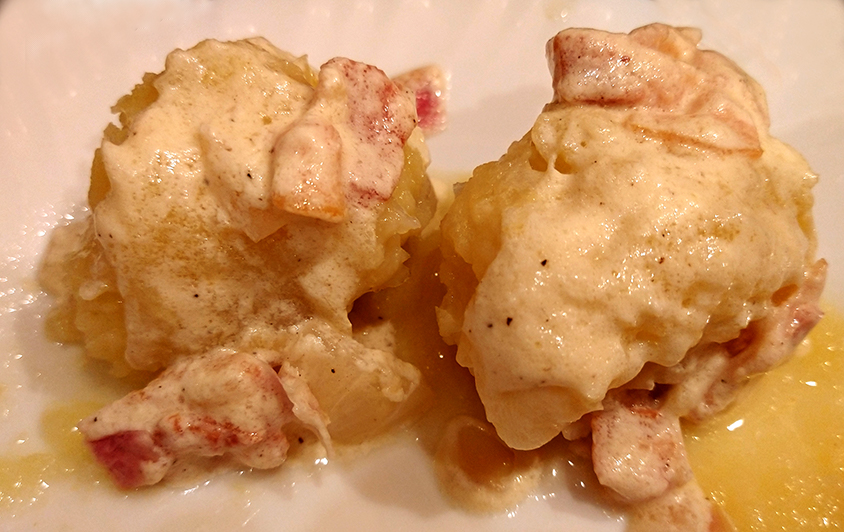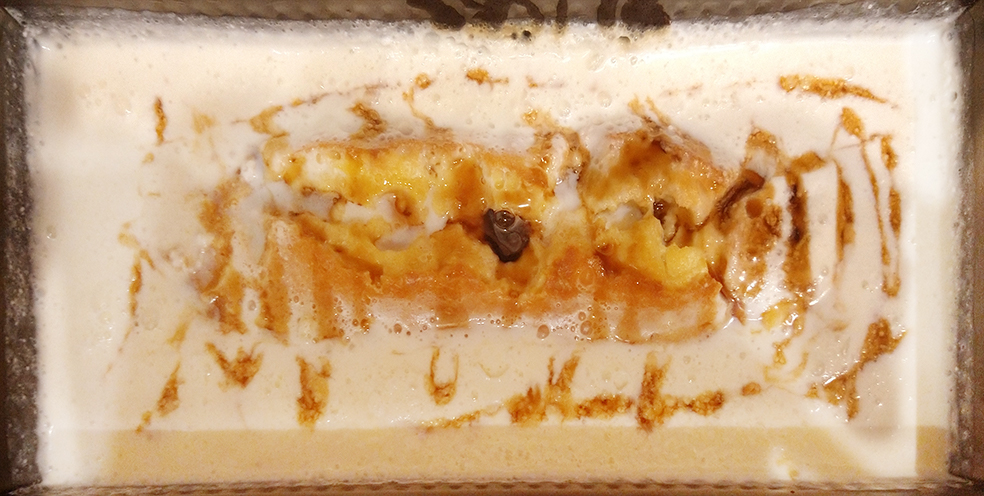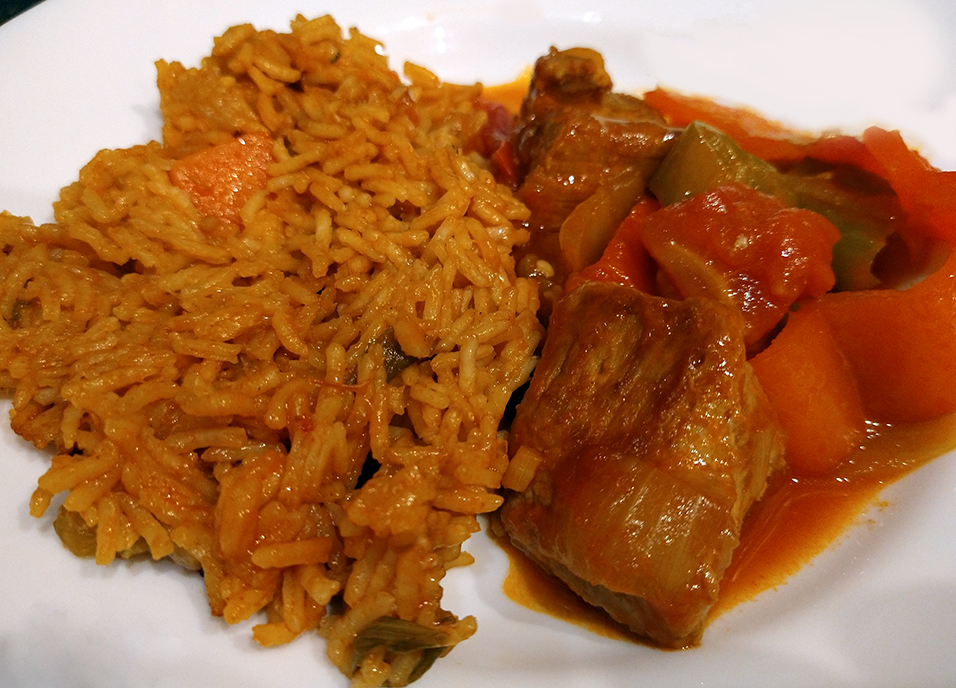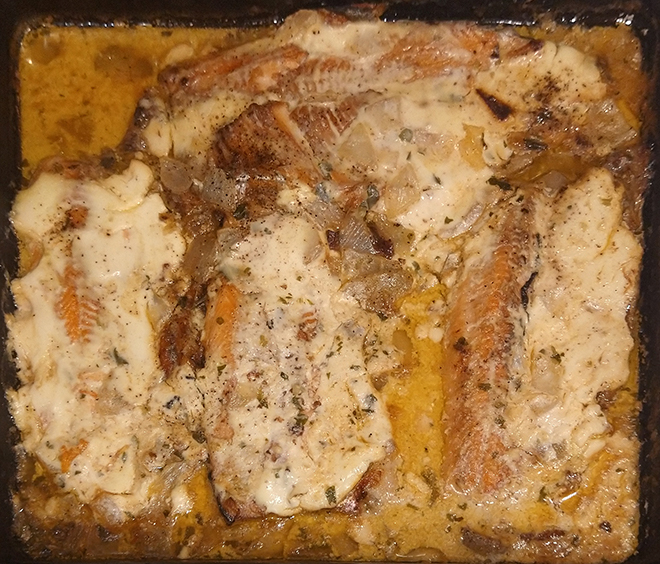The Economist’s What ifs? Currently, I’m teaching a class on the business of life science. One of our modules is about the future trends in the life sciences and this week’s edition of the Economist explored various future scenarios:
- If biohackers injected themselves with mRNA
- If America tackled its opioid crisis
- If everyone’s nutrition was personalised
- If smartphones became personal health assistants
- If dementia was preventable and treatable
- If an AI won the Nobel prize for medicine
- If germ theory had caught on sooner
How do startups manage external resources in innovation ecosystems? A resource perspective of startups’ lifecycle – Explores how startups manage their ecosystem’s resources at various stages of their lifecycle. They map the different types of resources (innovation, financial, social, human, physical, organizational) across various ecosystem actors (customers, government, university, consultants/mentors, complementors, incubators, business
association and funding Agencies).
Ecosystem management: Past achievements and future promises – explores the management of innovation ecosystems. Reminds me of the recent article on Technovation too defining innovation ecosystems. In the study, they identify various components of an ecosystem: value creation, systematic innovation, actors, interdependence, structure, dynamic, collaboration, competition, hierarchically independence, complementarity, complements, activities, value capture, configuration, flows and identity. They also focus on three perspectives: process view, configurational view and competitive view.
Configurations for corporate venture innovation: Investigating the role of the dominant coalition – fsQCA studies are always fascinating to me. In this study, they explore the different configurations of corporate venture innovation. They identify different ways that the parent firm can relate to the venture subunit, which they name reign, stimulation, sponsorship, and orchestration.















